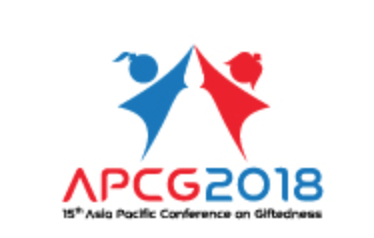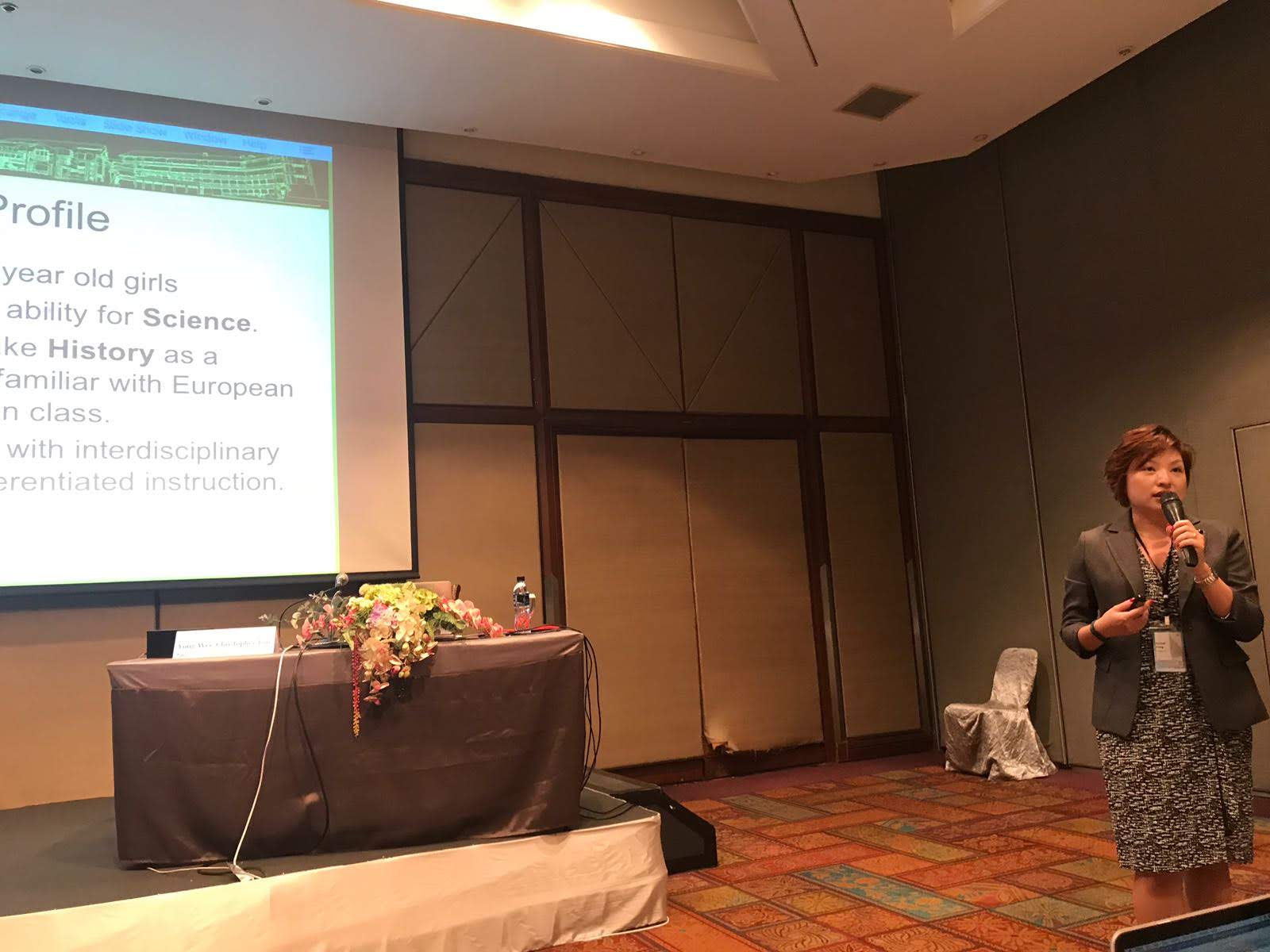Differentiation in a Chemistry Classroom
Presenters: Foo Yong Wee, Christopher and Rachel Goh Shiao En

The 15th Asia-Pacific Conference on Giftedness (APCG2018) was held in Bangkok from 20-24 August 2018 and the the theme for the conference was ‘_Inspiration, Motivation, and Creativity: Leading the Way to Giftedness’. An RGS team comprising of 5 teachers presented at the conference.
ABSTRACT:

Differentiation is a process through which teachers enhance learning by matching student characteristics to instruction and assessment, allowing students to access the same classroom curriculum by providing entry points, learning tasks, and outcomes tailored to their needs (Tomlinson, 2005). In addition, differentiation is increasingly recognised as a means for meeting the individual needs of all students and particularly for those gifted and talented learners (Colangelo, Assouline and Gross, 2004). With these compelling reasons, this study was carried out with the aim to find out how differentiated instruction (DI) contributes to effective student learning for high ability students in terms of mastery of content knowledge in Chemistry. The study was carried out by two Chemistry teachers on the topics Electrochemistry, Energy from Chemicals, Speed of Reaction and Experimental Planning with 16 year old students. Students of each class were categorized by readiness into three main groups. At the start of the lesson, they set their own goals, targets and learning objectives, which they would evaluate their progress at the end of each topic. Students in each category were given different content materials (content), different instructions and levels of scaffolding processes such as providing helping words in the exercises (process) and they could present their answers in different ways or formats (product). After each topic, students attempted a post-test to evaluate and monitor their own progress by managing their targets, goals and learning objectives. The results of the post-test, teachers and students’ feedbacks were used to evaluate the effectiveness of DI in a science lesson. The study will also include comparative studies between the two Chemistry teachers’ classes. The findings from this study will be useful to teachers who are interested to find out the benefits of DI in a science lesson.

